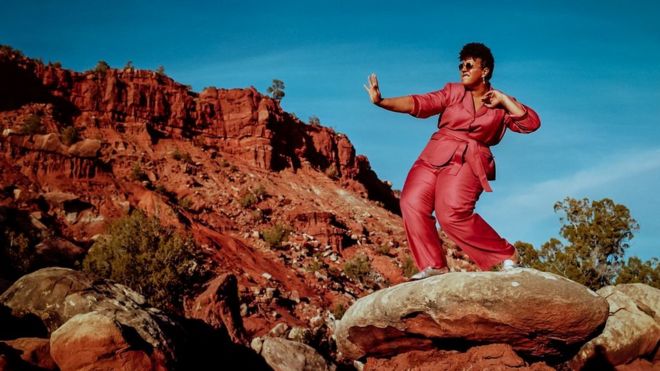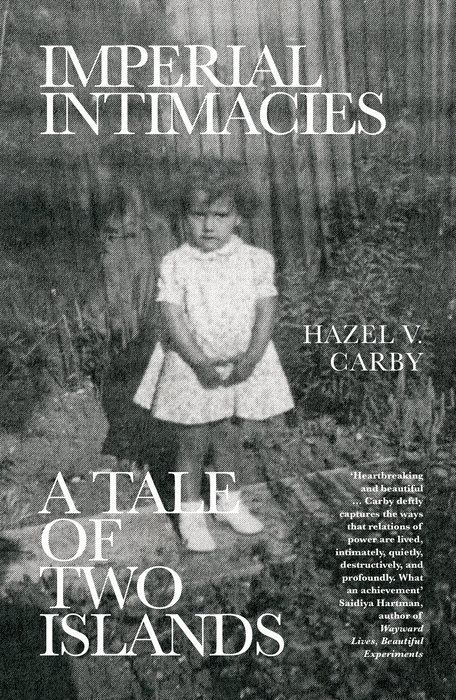Kamala Harris gets personalPosted in Articles, Media Archive, Politics/Public Policy, United States on 2019-09-26 02:00Z by Steven |
The Washington Post
2019-09-23
Jennifer Rubin, Opinion Writer
 Democratic presidential candidate Kamala D. Harris (D-Calif.) stands ahead of her address to an NAACP banquet on Saturday in Charleston, S.C. (Meg Kinnard/AP) |
Sen. Kamala D. Harris (D-Calif.) has built her career on a model of inclusive, progressive change. She tells voters she became a prosecutor so she could change the system from the inside. However, she has rarely described herself as an insider on behalf of the African American community. But her address at the Charleston, S.C. NAACP Fund Banquet on Saturday shows that’s changing.
At the onset of her campaign, Harris was criticized as not sharing enough of herself. While she has touted her education at Howard University and raised her experience being bused to school as a young girl, her presidential campaign has stressed universality and inclusion. Her “3 a.m. agenda” has stressed that what keeps us up at night — medical bills, housing, our kids’ education — does not depend on whether one is a Republican or Democrat. She routinely states that “we have so much more in common than what separates us.”
That reticence, by necessity, has receded. Voters demand a level of candor and intimacy from their presidential candidates. To both define her message and defend her record, she has had to explain her tenure as a prosecutor and rebutted claims that she was a cog in the machine of mass incarceration. She’s been obliged to share stories of her experience as a prosecutor comforting mothers whose children have been shot and killed and in instituting anti-bias training for police officers.
Read the entire article here.





